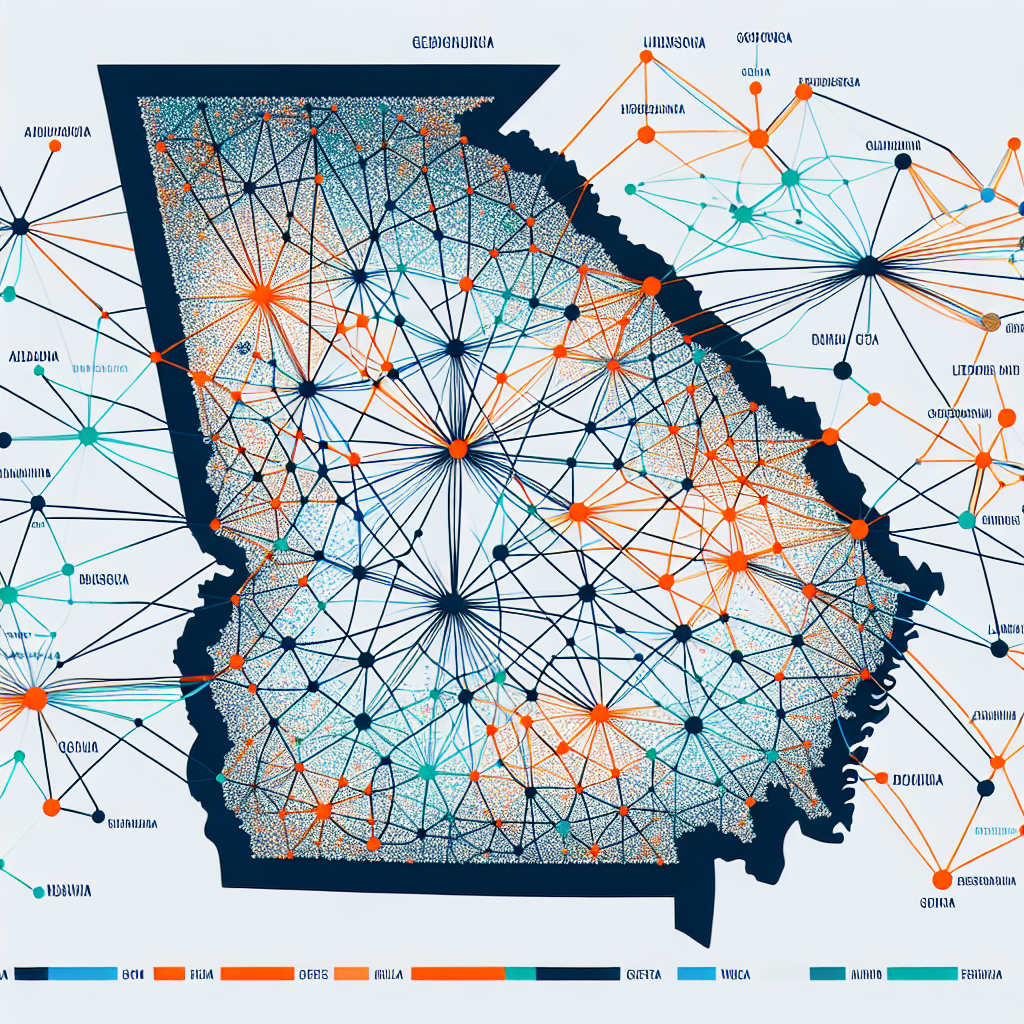One of the perks of holding a home insurance policy lies in tailoring your protection with riders or endorsements to suit your unique situation. For those residing within a homeowners association (HOA), an endorsement that deserves a second glance is loss assessment coverage. This safeguard kicks in to cover your portion of expenses if the HOA levies fees for damages or liabilities that surpass what the association’s master insurance plan covers. Grasping the concept of loss assessment and what this insurance entails equips you to judge if this add-on fits your coverage needs.
Decoding Loss Assessment Coverage
When you’re part of a condo or homeowners association, the HOA typically carries a master insurance policy—or sometimes a policy endorsement—that buffers you from unexpected extra costs. Generally speaking, loss assessment coverage steps in to shield against property damage, legal liabilities, and deductibles, though the precise scope differs across insurers.
What Falls Under Loss Assessment Protection?
Despite variations in specifics depending on the insurer, most loss assessment policies guard against three main categories of expenses.
1. Damage Assessments
Common areas under an HOA’s care usually enjoy coverage through the HOA’s master policy when damaged by incidents like storms or vandalism. But if fixing those damages racks up costs beyond the policy’s limits, the HOA might hit its members with a bill to cover the shortfall. Here’s where your individual condo or homeowners policy’s loss assessment coverage can step up, helping cover your share of the extra charges.
Typically, the HOA splits these leftover costs evenly among homeowners, although not every association’s rules or master policies are identical. Scrutinizing your HOA contract or insurance policy before moving in is crucial to avoid surprises when fees surface. If the master HOA policy isn’t crystal clear, don’t hesitate to ask your association for clarification. Obtaining a copy of the master policy to review with your insurance agent ensures you’re making an informed call on the coverage you require.
2. Liability Assessments
Accidents in shared spaces are no rare event. Think of slip-and-falls at the community pool, playground, parking garage, or tennis courts—any of which can expose the HOA to lawsuits. While the master policy usually covers such claims, hefty settlements sometimes overshoot the policy limits.
If liability payouts exceed what the master policy covers, homeowners can be stuck with an assessment to cover the deficit. In this scenario, your loss assessment coverage on your homeowners or condo insurance becomes the safety net that helps shoulder your financial share.
3. Deductible-Related Assessments
In some cases, the HOA has a high deductible on its master policy. Repairs costing less than this deductible won’t be covered by insurance, making the HOA responsible for the full repair bill. Additionally, even when a claim is covered, the HOA might require owners to chip in for the deductible amount. Loss assessment coverage can be a lifeline here, reimbursing you up to your policy limits for your slice of deductible assessments.
Snapshot: HOA and Loss Assessment — By The Numbers
According to industry data, nearly 60% of HOAs maintain master policies with deductibles ranging from $10,000 to $50,000. Moreover, approximately 35% of homeowner associations have reported special assessments in the past five years, averaging around $2,000 per member. These figures highlight the real financial impact loss assessment coverage can mitigate.
Is Loss Assessment Coverage a Must-Have?
Insurance isn’t a one-size-fits-all deal, and loss assessment coverage is no different. If you own a home or condo governed by an HOA, it pays to weigh your financial resilience before adding this endorsement to your policy.
Ask yourself the following probing questions before deciding:
- Would I be able to absorb unexpected costs if a loss assessment hits?
- Is loss assessment coverage already baked into my existing home insurance?
- How does my HOA usually manage special assessments or unexpected expenses?
- What premium increase would loss assessment coverage trigger on my current policy?
- How much insurance coverage would be sufficient to cover potential assessments?
Picture this: a violent storm wreaks havoc, causing $500,000 worth of damage to community amenities. If the HOA’s master policy only covers $400,000, residents might be hit with a $100,000 special assessment collectively. On top of that, if there’s a steep deductible—say, $25,000—the HOA might split that bill among homeowners as well. Loss assessment coverage acts as a financial shield, easing your burden by covering your share.
Tips for Procuring Loss Assessment Coverage
Most insurers offer loss assessment coverage as an optional extra when you switch on a condo, townhome, or homeowners insurance policy. Typically, it’s tacked on as an endorsement, giving you a choice whether to take it or leave it.
When figuring out how much coverage to lock in, keep these in mind:
- The number of residents within your HOA neighborhood
- The nature and variety of common spaces like pools, playgrounds, elevators, parking areas, and lobbies
- The potential risk levels posed by these communal areas
Higher numbers of residents and more shared amenities usually translate into elevated chances—and higher sums—of assessments hitting your wallet.
Frequently Asked Questions
How much loss assessment coverage should I opt for?
If your HOA’s repair bills consistently overshadow their master policy limits, special assessments can lead to steep individual costs. Injuries in community areas and other liabilities also make a solid case for loss assessment coverage. Thankfully, such coverage is often reasonably priced even when you select higher limits.
What exactly are loss-based assessments?
These are fees the HOA might bill individual homeowners or condo owners when a property loss or liability surpasses the limits of the HOA’s insurance. They kick in after events causing damage to shared facilities—whether it’s a busted roof, damaged lobby, or pool accident—and the policy falls short, leaving members to cover the remainder.
If a guest slips at the pool and sues the HOA, could I be on the hook for damages?
Should the guest prevail and damages exceed the master policy’s coverage, the HOA may pass the extra costs down to its members. Having loss assessment coverage already in place helps soften that financial blow.
When does a loss assessment claim get triggered?
The trigger is the moment you get a formal notification from your HOA announcing a loss assessment—not the incident date that caused the damage. After receiving this notice, you can promptly contact your insurer to file a claim under your loss assessment coverage. Depending on your coverage limits, your insurer may cover the assessment in full or in part.
What’s the price tag on loss assessment coverage?
Loss assessment is generally available as a budget-friendly add-on to your homeowners insurance. Most of the time, this endorsement tacks on a modest increase to your premium, keeping your overall insurance costs manageable. That said, the final cost hinges on how much coverage you decide to buy.








